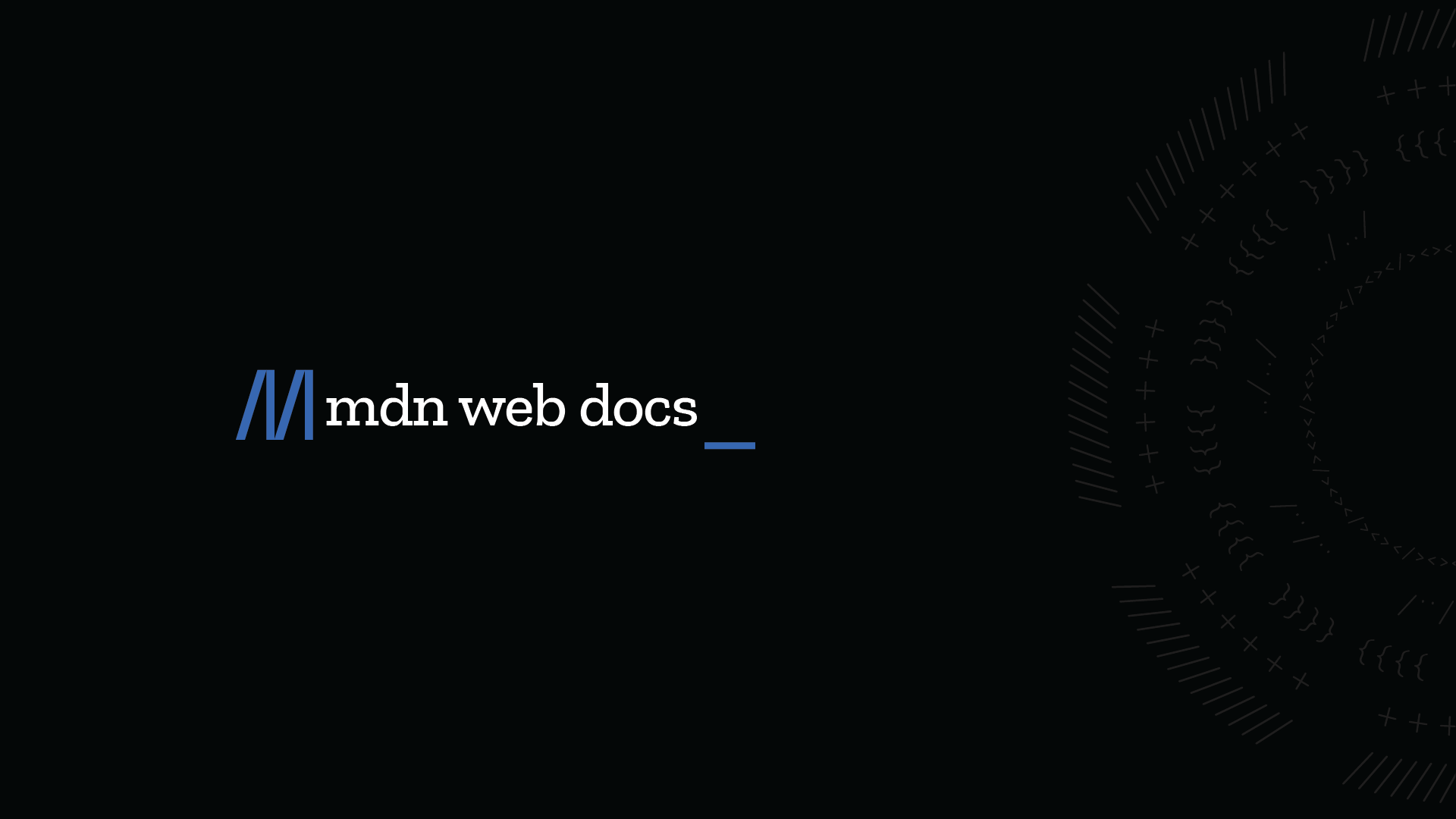The HTTP Last-Modified response header contains a date and time when the origin server believes the resource was last modified. It is used as a validator in conditional requests (If-Modified-Since or If-Unmodified-Since) to determine if a requested resource is the same as one already stored by the client. It is less accurate than an ETag for determining file contents, but can be used as a fallback mechanism if ETags are unavailable.| MDN Web Docs
HTTP has a concept of conditional requests, where the result, and even the success of a request, can be controlled by comparing the affected resources with a validator. These requests are useful for validating cached content, ensuring that it is only fetched if it differs from the copy that is already available to the browser. Conditional requests are also useful for ensuring the integrity of a document when resuming a download, or preventing lost updates when uploading or modifying a documen...| MDN Web Docs

